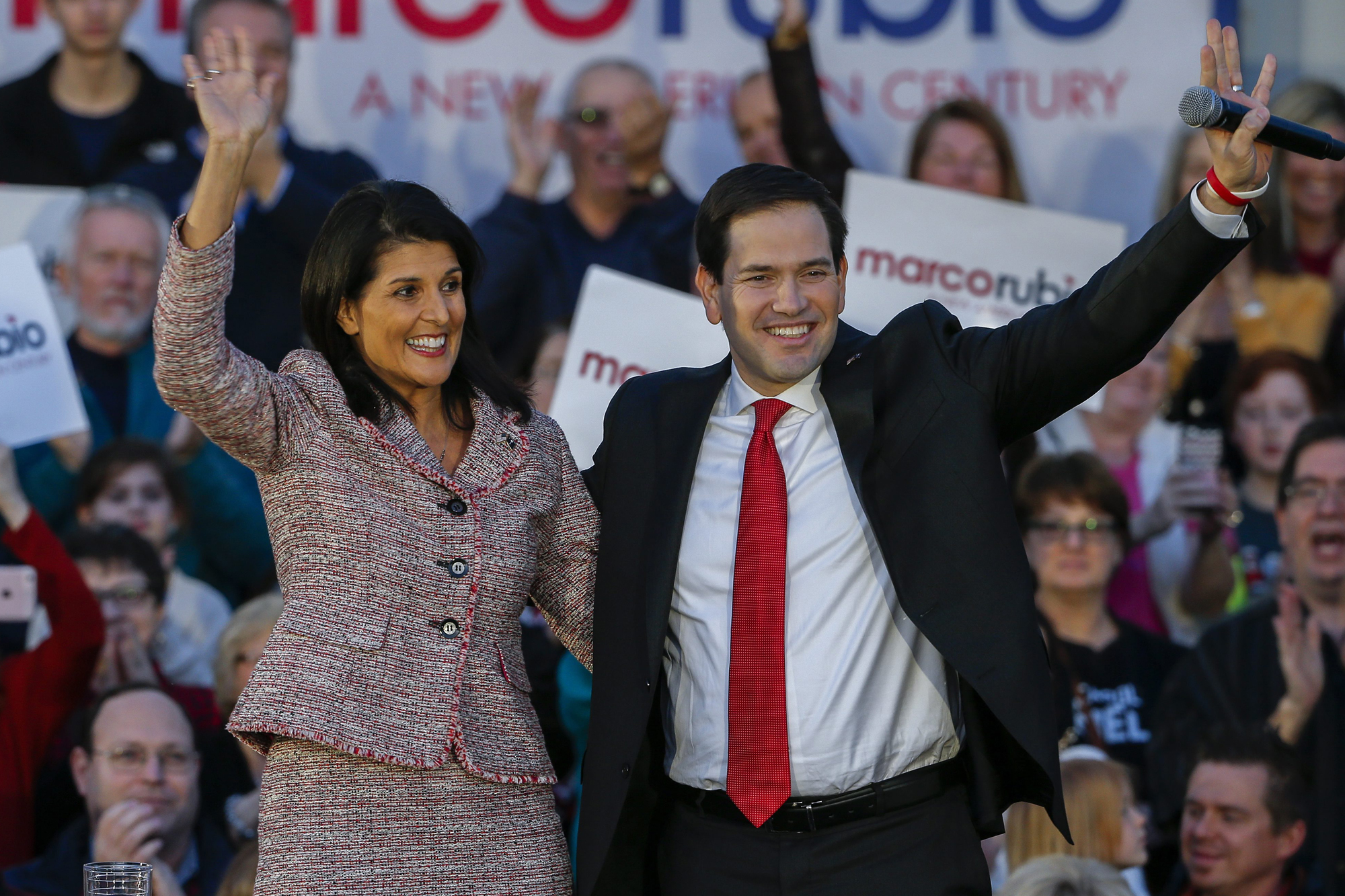For months on the Republican side, the “establishment” support has been sitting on the bench or watered down and split between candidates like Jeb Bush, Marco Rubio, and John Kasich. As a result, there are many sitting Republican governors and members of Congress who have withheld endorsing any 2016 candidate. As we approach South Carolina in a few short days, that appears to be changing, at least temporarily. The prospect of Donald Trump going from a strong South Carolina victory to sweeping victories on Super Tuesday has some big name GOP figures deciding to put their skin in the game.
Report from FiveThirtyEight:
One of the more interesting debates so far this election cycle has been over whether the party decides. Do party elites — politicians, activists, media, etc. — have enough power to influence the nominating contest? Can they pick a winner? Can they stop someone from winning? If so, then Donald Trump, who doesn’t have a single endorsement from a sitting governor or member of Congress, should have little shot at the Republican nomination.
For much of this campaign, however, Republican Party elites weren’t deciding. Most Republican governors and members of Congress haven’t endorsed anyone, and the pace of endorsements has been slower than in past campaigns. But that’s starting to change: More GOP elites are taking the plunge.
In fact, by a hair — and for the moment — Marco Rubio has overtaken the pace set by at least one past Republican nominee, Ronald Reagan in 1980.
Rubio has picked up the endorsements of Gov. Sam Brownback of Kansas and Gov. Nikki Haley of South Carolina this week. Indeed, Rubio has greatly increased his endorsement pace since the Iowa caucuses, picking up 42 weighted endorsement points1 in the past two-and-a-half weeks, according to the FiveThirtyEight endorsement tracker. That’s nearly half of the 85 points he has overall. All the other candidates who remain in the race have received only 4 endorsement points combined since the Iowa caucuses. The second-place candidate, Jeb Bush, has 51 points, but most of those came early in the campaign, when Bush looked far more formidable; he’s earned just 17 points since September.
That’s not to say the party has settled on Rubio. Of the available GOP endorsement points, Rubio has only a little over 10 percent.
As noted, it’s not the number of endorsements Rubio is picking up, but it’s the pace that has changed to indicate a shift or gathering of support. As polls indicate that Donald Trump is poised for a win in South Carolina, there appears to be a push by establishment leaders to propel Rubio into a strong third place, or more desirable, a strong second place finish. This would perhaps incentive Jeb Bush and John Kasich to exit the race with Rubio taking the majority of support from both candidates.
If that scenario plays out, and I’m not convinced that it will, Rubio can move toward Super Tuesday on March 1st with a more united backing in a three-man race with Ted Cruz and Donald Trump.
Whether that scenario materializes will be determined by the results in South Carolina. If Jeb Bush manages to finish in the top three, he may not be inclined to exit the race compared to a fourth place finish. There is a lot riding on South Carolina for the anti-Trump segment of the Republican Party and it will be interesting to watch it unfold.
Donate Now to Support Election Central
- Help defend independent journalism
- Directly support this website and our efforts
